
For those who have a constant battle of the bulge in their lives, artificial sweeteners are usually a part of the daily routine. Among all low calorie artificial sweeteners available at the market nowadays, saccharin is the oldest one. All artificial sweeteners are constantly advertised as the healthier alternative to the ordinary sugar.
Saccharine is a actually a synthetic compound characterized by a sweet taste and its main purpose is to be a substitute for sugar. It is up to 700 times sweeter than the common sugar and it contains no calories at all. Its main component is called benzoic sulfinide. Some dislike saccharin because, it is known for leaving a slightly metallic and bitter aftertaste.
Saccharin was discovered by a scientist called Constantin Fahlberg in 1878. while he was working on certain coal tar derivatives. Saccharin became commercially widespread during World War I, and finally people started paying attention to its health benefits after World War II. People often use saccharin in combination with other artificial sugar alternatives. It is used with aspartame in most diet soda products. Saccharin was one of the most important discoveries for those who suffer from diabetes because it passes through the human body without being digested so it does not interfere with insulin and the levels of glucose in the blood. It also serves certain purposes in pharmaceuticals and cosmetics.
Side Effects
Numerous debates within the scientific community have questioned the safety of saccharin and certain scientists have claimed that it can cause cancer among other ailments. During the 1960’s saccharin was categorized as a substance that can potentially be the cause of certain types of cancer but a definitive official study on the subject was published in 1977.
The officials tried to ban its public use but in the end they failed. It could still be purchased if its packaging contained a warning that informed the consumers about its health hazards. Multiple studies have shown that it is safe for consumption so the warning labels are no longer attached to its packaging since 2000.
Saccharine comes from a certain group of compounds called sulfonamides which are known for causing allergic reactions, diarrhea, headaches and skin eruptions. Pregnant and breastfeeding women should avoid the use of saccharin because it may potentially harmful for the infants. Some scientific studies have actually shown that saccharin may be the cause of an increase in body weight.


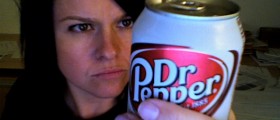

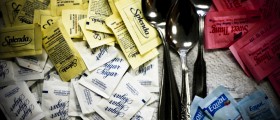
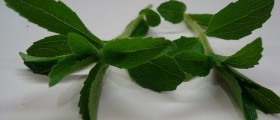


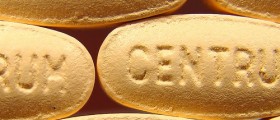
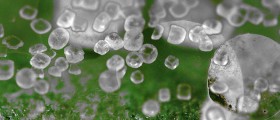


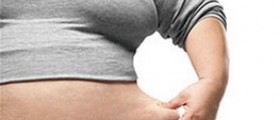




Your thoughts on this
Loading...